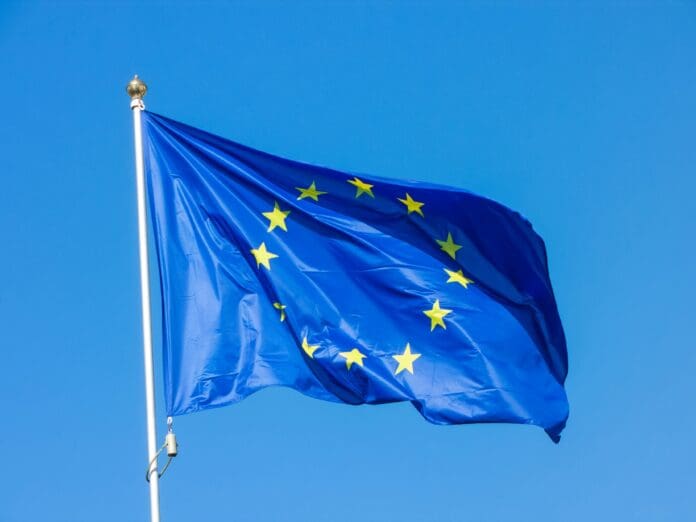This post is also available in:
 עברית (Hebrew)
עברית (Hebrew)
The European Union is set to launch a new age-verification application this July, aimed at giving minors better protection online without compromising user privacy. The app is designed to verify users’ ages without requiring them to share personal or sensitive data with websites or digital platforms—a response to long-standing concerns about children’s exposure to harmful content and interactions on the internet.
The app is seen as an initial step toward the rollout of the European Digital Identity Wallet, expected in 2026. Until then, this verification tool is intended to help enforce age restrictions more effectively across the web.
The app’s development reflects the EU’s growing emphasis on regulating digital environments, particularly where children are concerned. Officials have made it clear that online platforms must take greater responsibility for those who access their services. The new system allows platforms to confirm a user’s age through a secure process that limits the amount of data exposed in the transaction.
Some EU countries are also pushing for a standardized minimum age for social media use across the bloc. According to Politico, France, Spain, and Greece are among those backing the proposal, aiming to create consistent protections for minors regardless of where they live within the EU.
Although the system will not be mandatory for private platforms yet, European regulators are encouraging widespread adoption, and tech companies are being urged to implement privacy-respecting age controls voluntarily.
In parallel, there are calls for platforms to offer stronger default protections for younger users, such as private profiles by default and stricter limits on who can contact them. These measures would complement the verification app by ensuring that age-appropriate design is embedded into the user experience from the outset.
The initiative highlights a growing consensus in Europe: safeguarding children online now requires more than parental controls—it demands systemic, infrastructure-level solutions.




